The European Union seeks to develop its ties with Türkiye, which possesses a strong defense industry as the bloc grapples with new challenges.
The fact that Ankara has long started to invest in its defense industry and owns NATO’s second-largest army has led to a rapprochement between Türkiye and the EU, which is undergoing rough ties with the new Donald Trump-led U.S. administration.
Trump leaving out the EU from critical talks on the future of the war in Ukraine after taking office has forced the bloc’s leaders to come together and work on a new strategy.
European leaders first came together in Paris, London and Brussels while including Türkiye in vital meetings on Europe’s security architecture.
The EU counted Türkiye as part of the like-minded countries’ dialogue with non-EU members.
In his visit to Ankara, the EU term president and Poland’s Prime Minister Donald Tusk voiced that Türkiye should play a more significant role in European defense and the Ukraine-Russia process.
Karolina Wanda Olszowska, co-founder of the Polish think tank Institute of Turkish Studies, told Anadolu Agency (AA) that Ankara’s mediation between Kyiv and Moscow would prevent any peace agreement that disadvantages Ukraine.
Reminding that Poland has stepped up its efforts in developing its defense industry since the Russian invasion of Ukraine, Olszowska added: “Türkiye, which has decades of experience in developing its defense industry, plays a key role in this regard. Ankara is currently the world’s 11th biggest arms exporter.”
She said that by purchasing Bayraktar TB2 drones in 2021, Poland showed its interest in the Turkish defense industry and added that Tusk’s visit on March 12 is a display of further future cooperation.
“Poland’s EU presidency is an opportune moment to support Türkiye’s accession and assist Ankara in its negotiations within the bloc. Poland could also advocate for Türkiye’s interests, such as the modernization of the Customs Union and the facilitation of visa policies,” she added.
Karol Wasilewski of the Warsaw-based Centre for Eastern Studies, for his part, said: “Türkiye could be a good place for broader negotiations involving not only the U.S. and Russia but also Ukraine, Türkiye and Europe, provided that peace talks progress further in the future.
Russian and U.S. delegations met in Istanbul in late February to discuss diplomatic disputes over their embassies in Washington and Moscow.
“The insistence of Turkish decision-makers that both Türkiye and EU countries must be at the table is highly rational since a permanent peace can only be achieved by including regional actors,” Wasilewski pointed out.
Wasilewski continued to say that Türkiye’s biggest goal seems to be part of Europe’s security architecture in the future if the U.S. withdraws from NATO. Such a scenario is not likely; however, if it is realized, Türkiye will be indispensable for European security.
Aleksandra Maria Spancerska, analyst at the Polish Institute for International Relations (PISM) pointed to the balance policy that Türkiye has been pursuing since the start of the war.
“While doing this, Türkiye tries to act as a neutral mediator and consider the sides and their interests. Looking at Türkiye’s strategic and military potential, it would be in both Ukraine’s and Poland’s interest to share the security of NATO’s eastern wing,” she added.
Spancerska reminded that Türkiye’s Baykar drone maker and Leonardo, one of Europe’s leading defense industry companies, signed an agreement at this time and added: “Europe is aware of Türkiye’s potential. Türkiye can successfully strengthen the European defense sector as it has a large workforce and production base in the defense industry.”

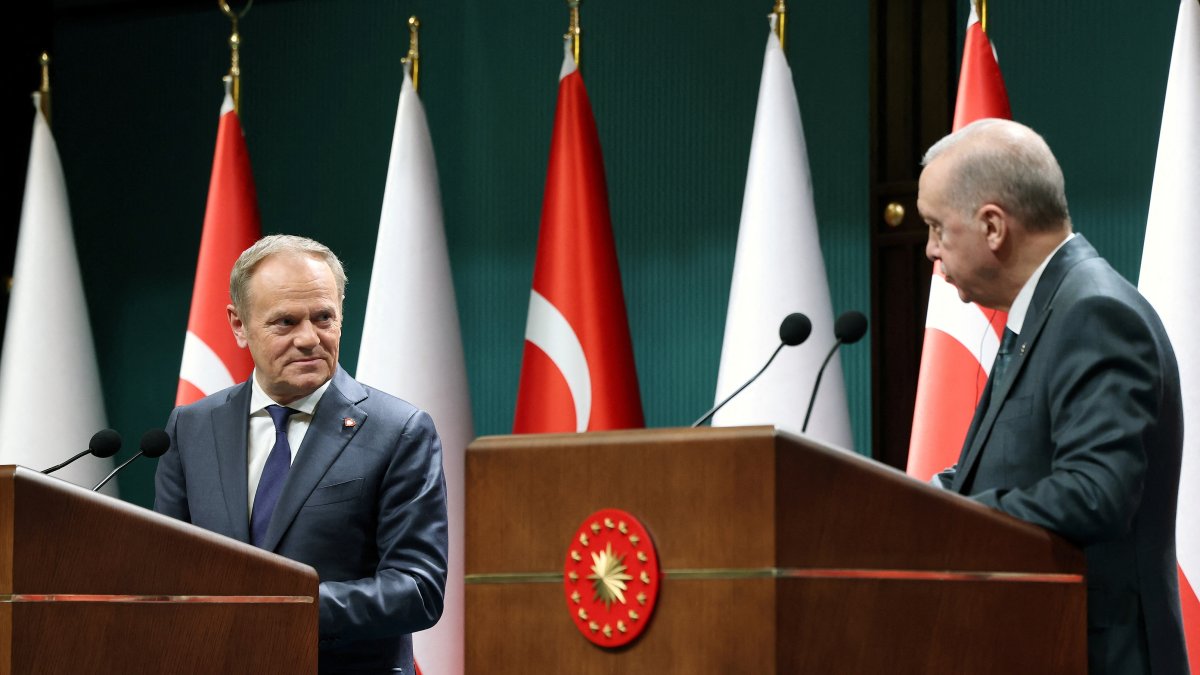
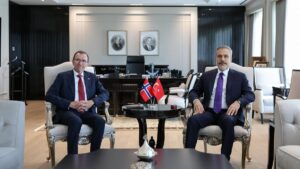
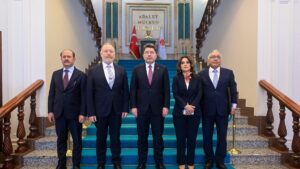



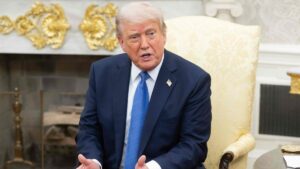

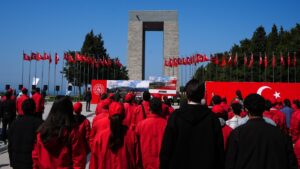
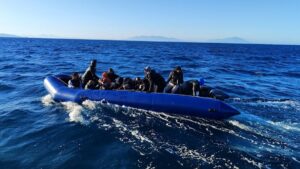


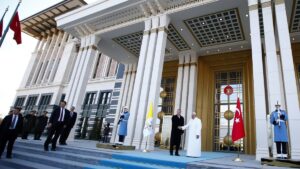
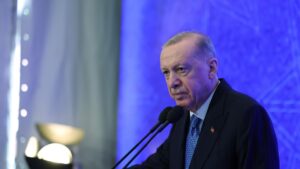



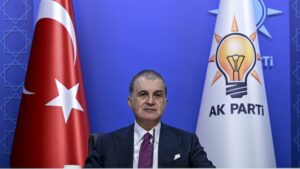



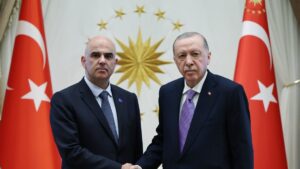

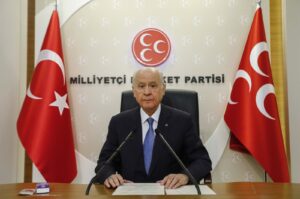
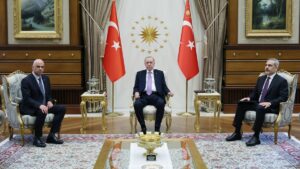
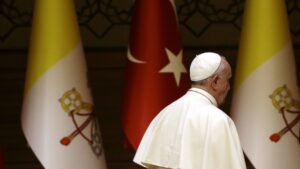
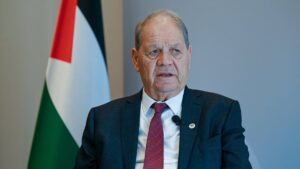
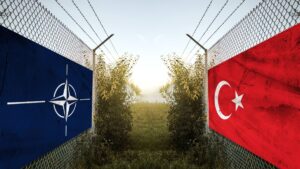



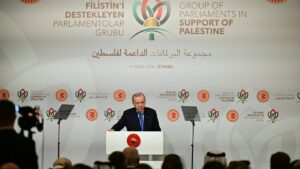
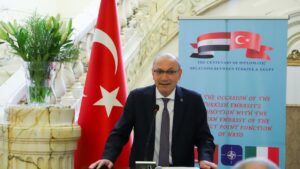
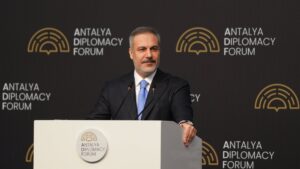

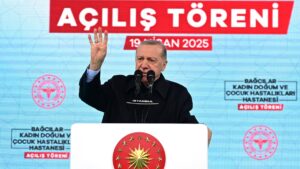


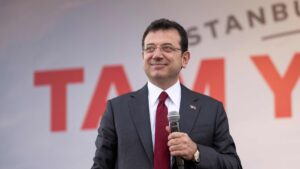


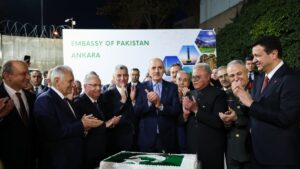
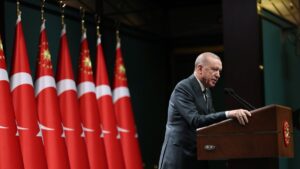

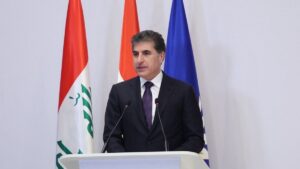
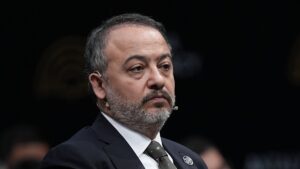
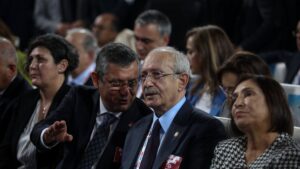


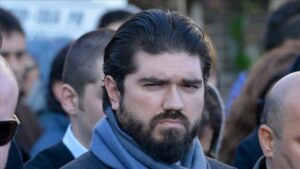

Be First to Comment